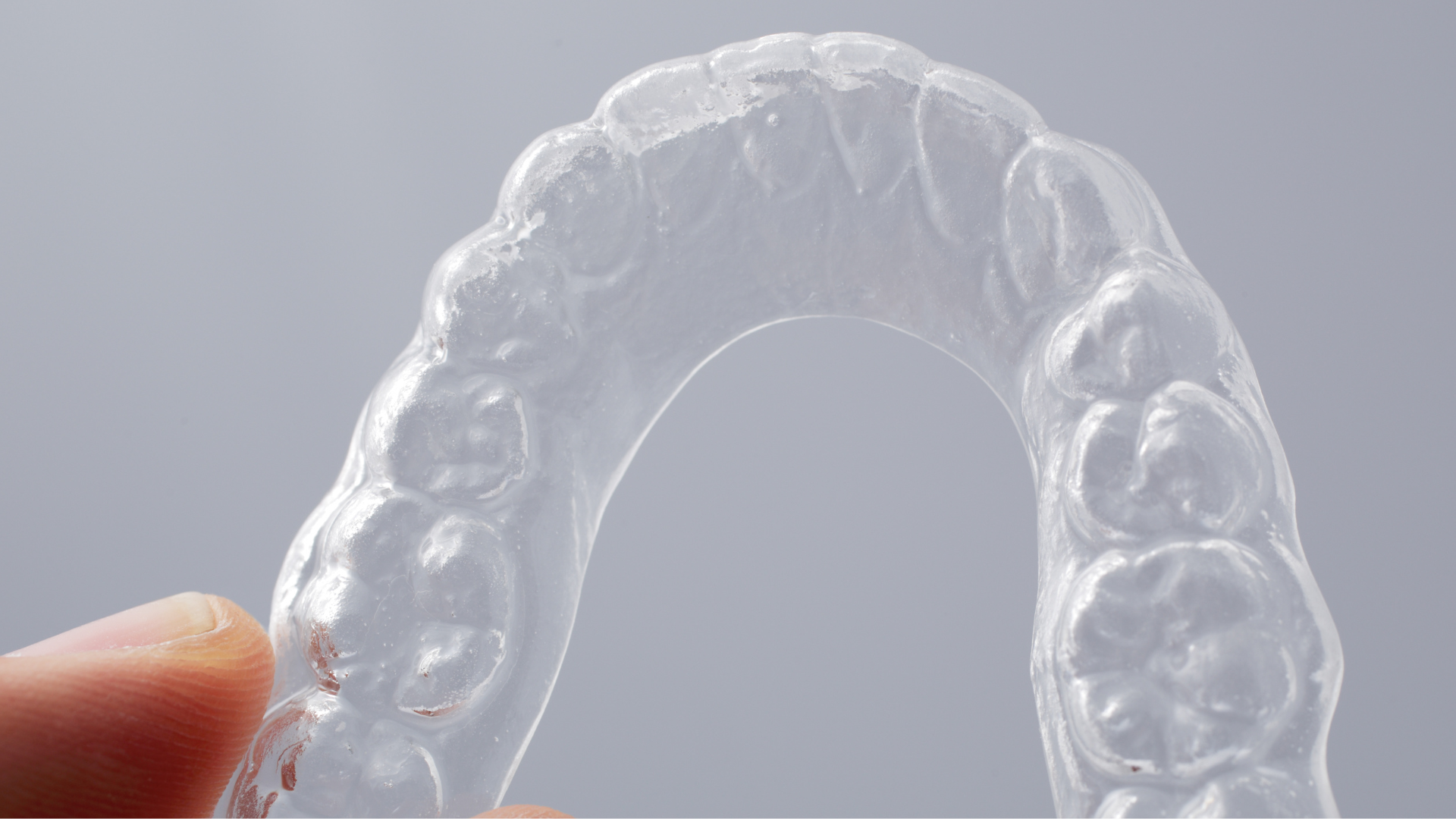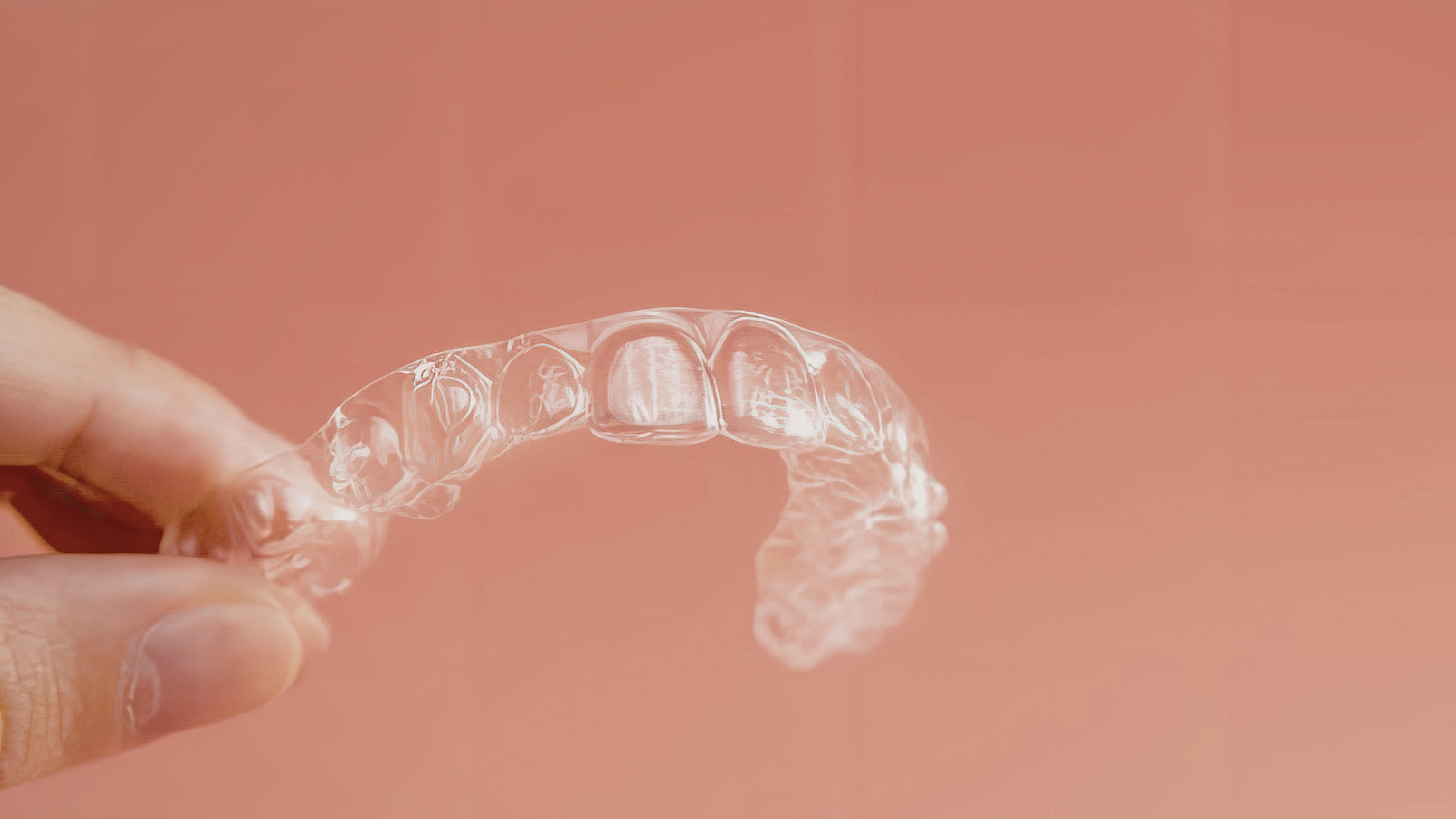Are Veneers Right for You? Exploring the Benefits and Options
Transforming Smiles with Veneers
A radiant smile can significantly enhance one's confidence and overall appearance. Dental veneers have emerged as a popular cosmetic solution for individuals seeking to improve the aesthetics of their teeth. These thin, custom-made shells are designed to cover the front surface of teeth, addressing various dental imperfections. In this article, we'll delve into the benefits of veneers, the types available, and considerations to help you determine if they're the right choice for you.
Understanding Dental Veneers
Dental veneers are wafer-thin shells crafted from porcelain or composite resin materials. They're bonded to the front of teeth to alter their color, shape, size, or length. Veneers are commonly used to address issues like discoloration, chips, gaps, and minor misalignments. The procedure typically involves minimal tooth preparation, preserving most of the natural tooth structure.
Benefits of Dental Veneers
Veneers offer numerous advantages for those seeking cosmetic dental improvements:
- Natural Appearance: Porcelain veneers mimic the light-reflecting properties of natural teeth, providing a realistic look.
- Stain Resistance: Porcelain is resistant to stains from coffee, tea, and smoking, maintaining a bright smile over time.
- Durability: With proper care, veneers can last between 10 and 15 years.
- Minimally Invasive: The procedure requires less enamel removal compared to crowns.
- Quick Results: Veneers can transform your smile in just a few dental visits.
For a more detailed overview of veneer benefits, you can refer to this comprehensive guide on dental veneers.
Types of Veneers: Porcelain vs. Composite
When considering veneers, it's essential to understand the differences between porcelain and composite options:
- Porcelain Veneers: Known for their durability and natural appearance, porcelain veneers are custom-made in a lab and typically require two dental visits. They're more resistant to staining and can last up to 15 years.
- Composite Veneers: These are applied directly to the teeth in a single visit. While more affordable, they may not last as long as porcelain veneers and are more prone to staining.
For a deeper comparison, explore this article on composite vs. porcelain veneers.
Are You a Candidate for Veneers?
Veneers are suitable for individuals with:
- Discolored or stained teeth
- Chipped or broken teeth
- Gaps between teeth
- Minor misalignments
However, those with significant tooth decay, gum disease, or insufficient enamel may need alternative treatments. A thorough dental examination is crucial to determine candidacy.
The Veneer Procedure: What to Expect
The veneer process typically involves:
- Consultation: Discussing goals and evaluating dental health.
- Preparation: Removing a small amount of enamel to accommodate the veneer.
- Impression: Taking a mold of the teeth for custom fabrication.
- Bonding: Placing and securing the veneer with dental cement.
The entire process usually spans two to three appointments over a few weeks.
Caring for Your Veneers
Maintaining veneers involves:
- Regular brushing and flossing
- Avoiding hard foods that can chip the veneer
- Limiting stain-causing beverages
- Wearing a mouthguard if you grind your teeth
Routine dental check-ups are also essential to monitor the condition of your veneers.
Potential Drawbacks to Consider
While veneers offer many benefits, there are considerations:
- Cost: Veneers can be expensive, especially if multiple teeth are involved.
- Irreversibility: Enamel removal is permanent, making the procedure irreversible.
- Sensitivity: Some individuals may experience increased tooth sensitivity post-procedure.
It's vital to weigh these factors and discuss them with your dentist.
Sample Scenario: Achieving a Confident Smile
Consider Jane, a 35-year-old professional who felt self-conscious about her stained and slightly misaligned front teeth. After consulting with her dentist, she opted for porcelain veneers. Within a few weeks, Jane's smile was transformed, boosting her confidence in both personal and professional settings.
Conclusion: Making an Informed Decision
Dental veneers can be a life-changing solution for those seeking to enhance their smile. By understanding the benefits, types, and considerations, you can make an informed decision about whether veneers are right for you. If you have questions or are ready to explore veneer options, reach out to our dental team to get started on your journey to a brighter smile.





